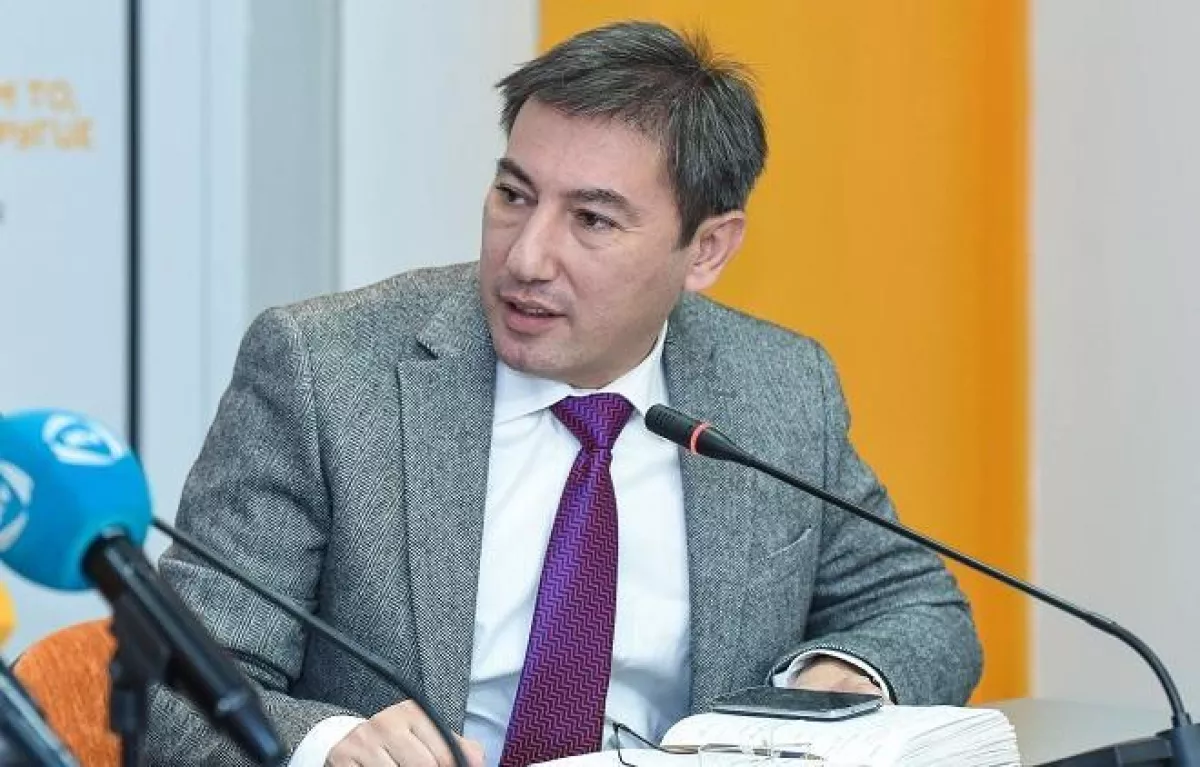Armenia’s constitutional overhaul postpones peace treaty with Azerbaijan Analysts weigh prospects
It appears that the peace treaty between Armenia and Azerbaijan is facing further delays. The referendum on constitutional reforms in Armenia is now slated for 2027. Grigor Minasyan, Armenia’s Minister of Justice and head of the Constitutional Reforms Council, shared this update with journalists following a government session. He assured that the constitutional reform process is progressing, albeit at a slower pace due to reduced Council meetings over the summer months.
Minasyan assured that the process of constitutional reforms is progressing as planned, though summer slowed the Council’s activities. “The constitutional referendum resulting from the new agreement is scheduled for 2027,” he explained. “This timeline allows us to thoroughly work on this complex document with detailed public discussions and specialist consultations, rather than rushing the process.”
He noted that initially there was debate over whether to amend the current Constitution or to adopt an entirely new one. Ultimately, the decision was made to draft a new Constitution rather than amending the existing one. “We reached a consensus that a new Constitution is necessary, rather than mere amendments,” Minasyan said.
The last session of the Constitutional Reforms Council was held three weeks ago, with the next meeting scheduled for September 5. Established by Prime Minister Nikol Pashinyan in January 2022, the Council’s mandate is to develop a draft for constitutional reforms and present it to the Prime Minister’s Office.
So, the Armenian Minister of Justice openly states that the constitutional referendum will be held as early as 2027. This means that only three years later the Armenian authorities will bring the topic of unauthorized territorial claims to Azerbaijan to the people for discussion. Isn't this too long a period? It turns out that until that time it is not even worth thinking about the possibility of a peace agreement between Armenia and Azerbaijan?
Caliber.Az has sought expert opinions on what this means for the prospects of peace between Baku and Yerevan.

Political analyst Khagani Jafarli predicts that a peace agreement between Armenia and Azerbaijan could be reached as early as 2025.
Jafarli explains, “Since the conditions for settling the conflict and establishing sustainable peace in the region are not yet fully ripe, the parties are using various pretexts to avoid signing a peace agreement. However, with the right conditions and a genuine desire for peace, all misunderstandings and objections could be resolved quickly. Even without a formal treaty, peaceful coexistence is possible if there is mutual willingness and suitable conditions. No agreement alone can resolve the conflict if the fundamental desire for peace and the necessary conditions are absent.”
Jafarli believes that both Armenia and Azerbaijan understand that the current conditions are not conducive to a peace agreement.
“No country can claim that there are no international norms supporting peace. These norms are designed to ensure that conditions mature over time. I anticipate that a peace agreement will be signed next year. By then, the international conditions favourable for such an agreement will have emerged. At that point, the issue related to the Armenian Constitution may either be resolved or addressed in an additional protocol to the peace agreement,” Jafarli said.

Ilgar Velizadeh, an expert on international issues and head of the South Caucasus Political Scientists Club, believes that serious progress on a peace treaty between Armenia and Azerbaijan is unlikely before 2027.
Velizadeh notes, “Based on current trends, we should not expect the peace treaty to be signed in the near future. However, in Armenia, anything is possible. There is always a chance that the situation with the constitutional amendments could change unexpectedly.”
He explains the reasoning behind Armenia's delay: “It seems important for them to hold regular parliamentary elections before 2026 to reaffirm the legitimacy of the current government and to reconfigure the political landscape. It is quite possible that these elections will result in very few, if any, representatives from the Karabakh clan being elected. The Armenian government likely believes that rushing the peace treaty could be harmful to them at this stage. Therefore, they have chosen to adopt a new constitution after the parliamentary elections under new political conditions, which might then create a better environment for signing a peace agreement with Azerbaijan. This is the general approach we see, but time will tell how it will be realized in practice,” Velizadeh concluded.








